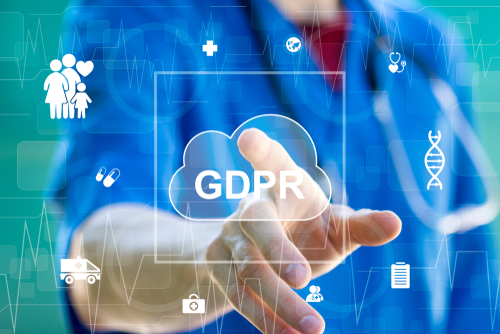What are the risks of non-compliance with the GDPR?
The General Data Protection Regulation (GDPR) is a European regulation that aims to protect the personal data of European Union citizens. Failure to comply with it can have serious consequences for businesses and organizations. What are the risks involved? Let's take a closer look.

Legal risks
One of the major risks is the imposition of very heavy fines. In the event of non-compliance, companies can be subject to penalties of up to €20 million or €4 billion of their annual global turnover, whichever is higher.
Legal actions
Individuals can file a complaint against a company if it fails to respect their data protection rights. This can lead to costly lawsuits and damage to the company's reputation.
Financial risks
A sanctioned company will have to invest heavily to comply with the GDPR after the fact, which generates unforeseen expenses.
Loss of contracts and opportunities
Business partners and customers may refuse to work with a company that does not comply with GDPR, resulting in lost revenue.
Reputational risks
A company that is not GDPR compliant risks losing customer trust, which can lead to decreased loyalty and reduced revenue.
Bad Buzz and Media Impact
Personal data breaches often make headlines, seriously damaging a company's brand image.
Operational risks
In the event of non-compliance, a company may be forced to stop certain activities until compliance is achieved.
Frequent monitoring and audits
Authorities may impose regular inspections on an offending company, which can slow down its operations and generate additional costs.
How to avoid these risks?
Implement a compliance policy
It is essential to adopt a strict compliance policy and adhere to it at all levels of the company.
Train employees
Good training allows employees to understand the challenges of the GDPR and to apply best practices.
Appoint a DPO (data protection officer)
Appointing a DPO helps ensure GDPR compliance and avoid mistakes.
Failure to comply with the GDPR can be costly, both financially and reputationally. To avoid these risks, it is crucial to become compliant now.
FAQ
1. What is GDPR?
The GDPR is a European regulation that protects citizens' personal data and imposes obligations on companies that collect and process it.
2. Who is affected by the GDPR?
All companies and organizations processing personal data of European citizens, whether located in Europe or not.
3. How do I know if my business is GDPR compliant?
A compliance audit can help assess whether your company's practices meet GDPR requirements.
4. What to do in the event of a data breach?
Notify the CNIL (or the competent authority) within 72 hours and inform the persons concerned.
5. Is a small business affected by the GDPR?
Any business, regardless of size, must comply with the GDPR if it processes personal data.








